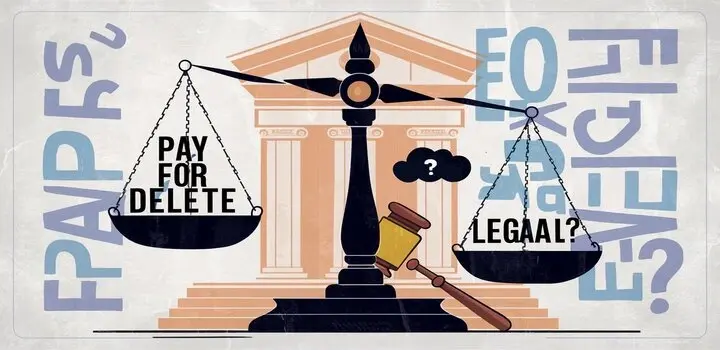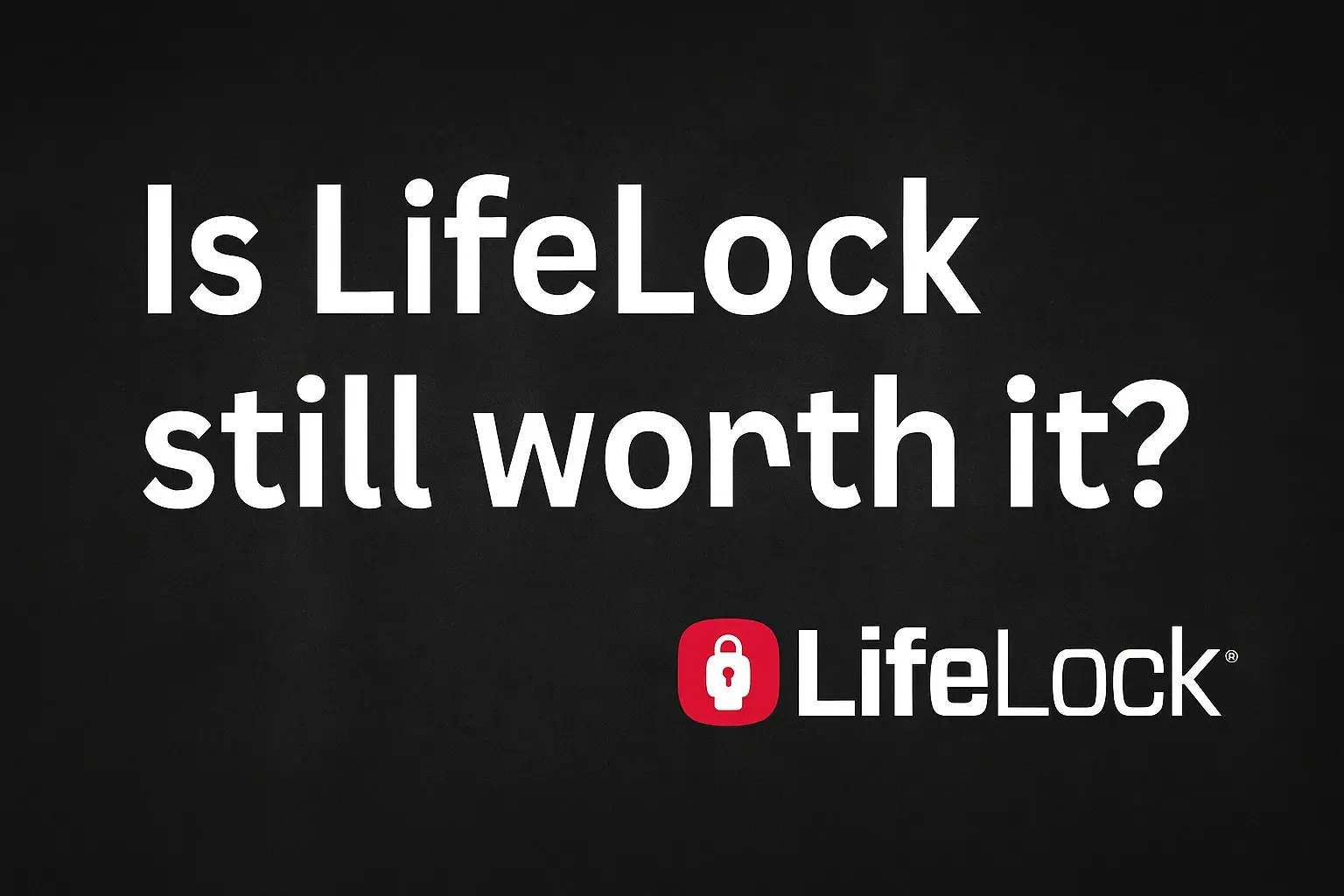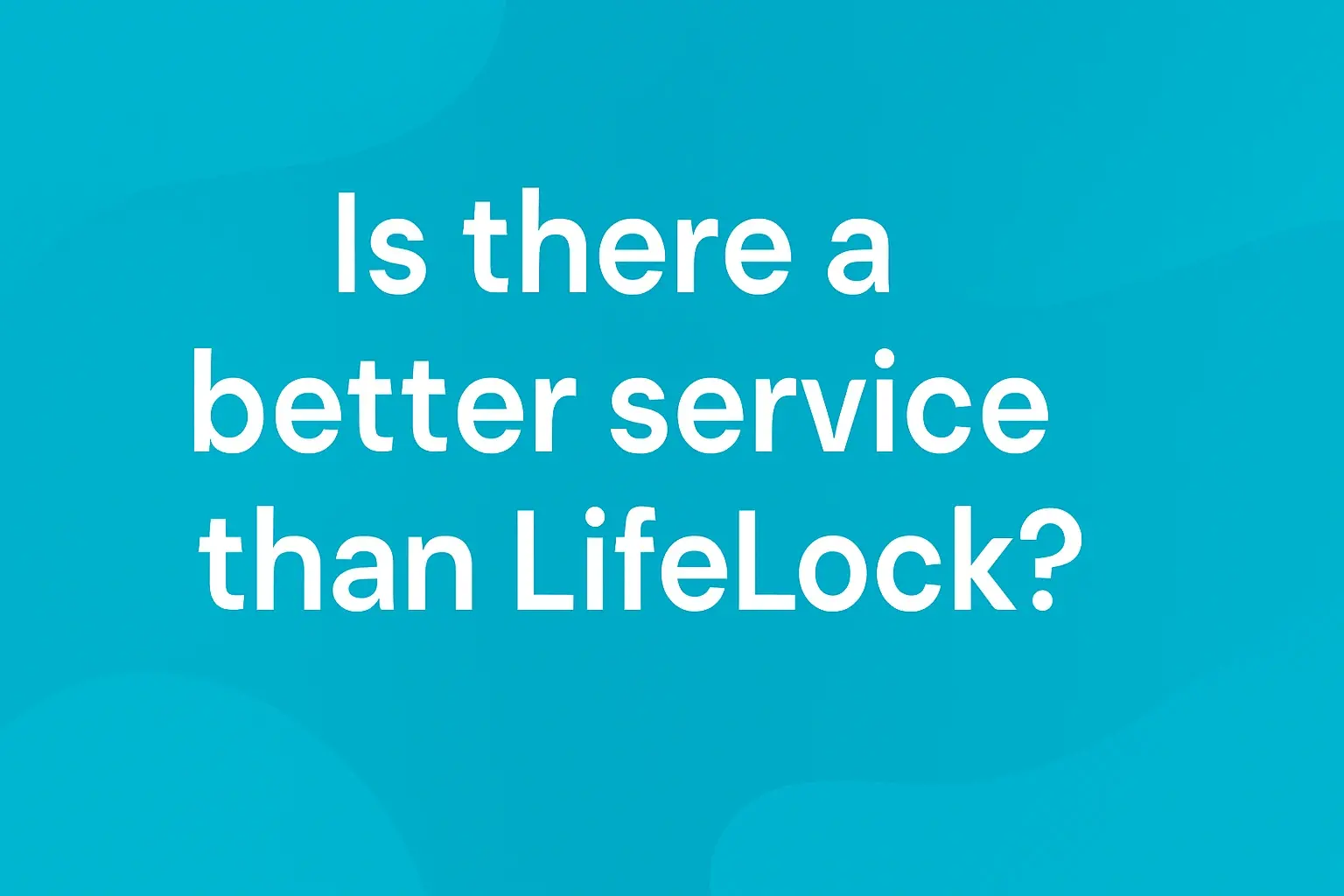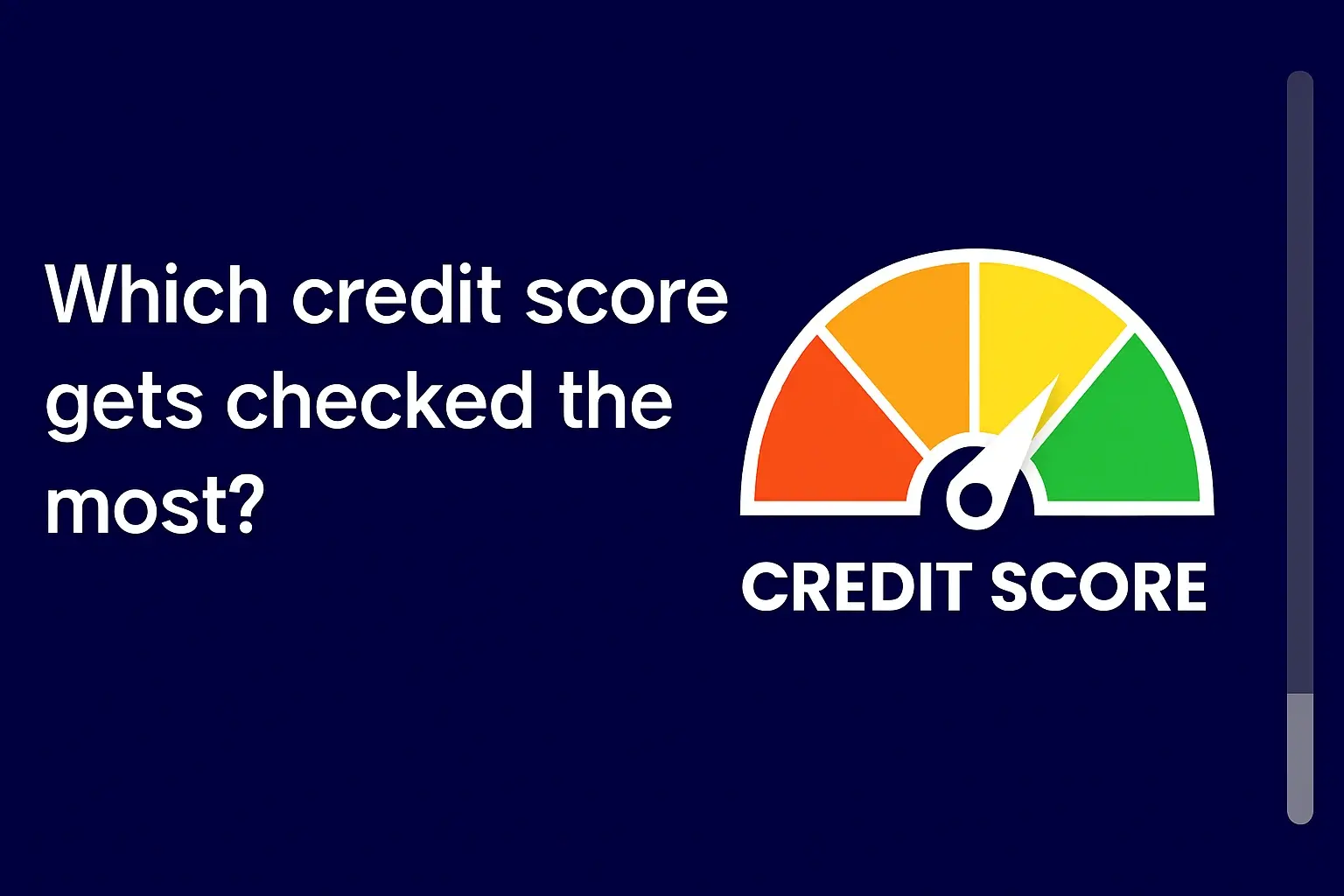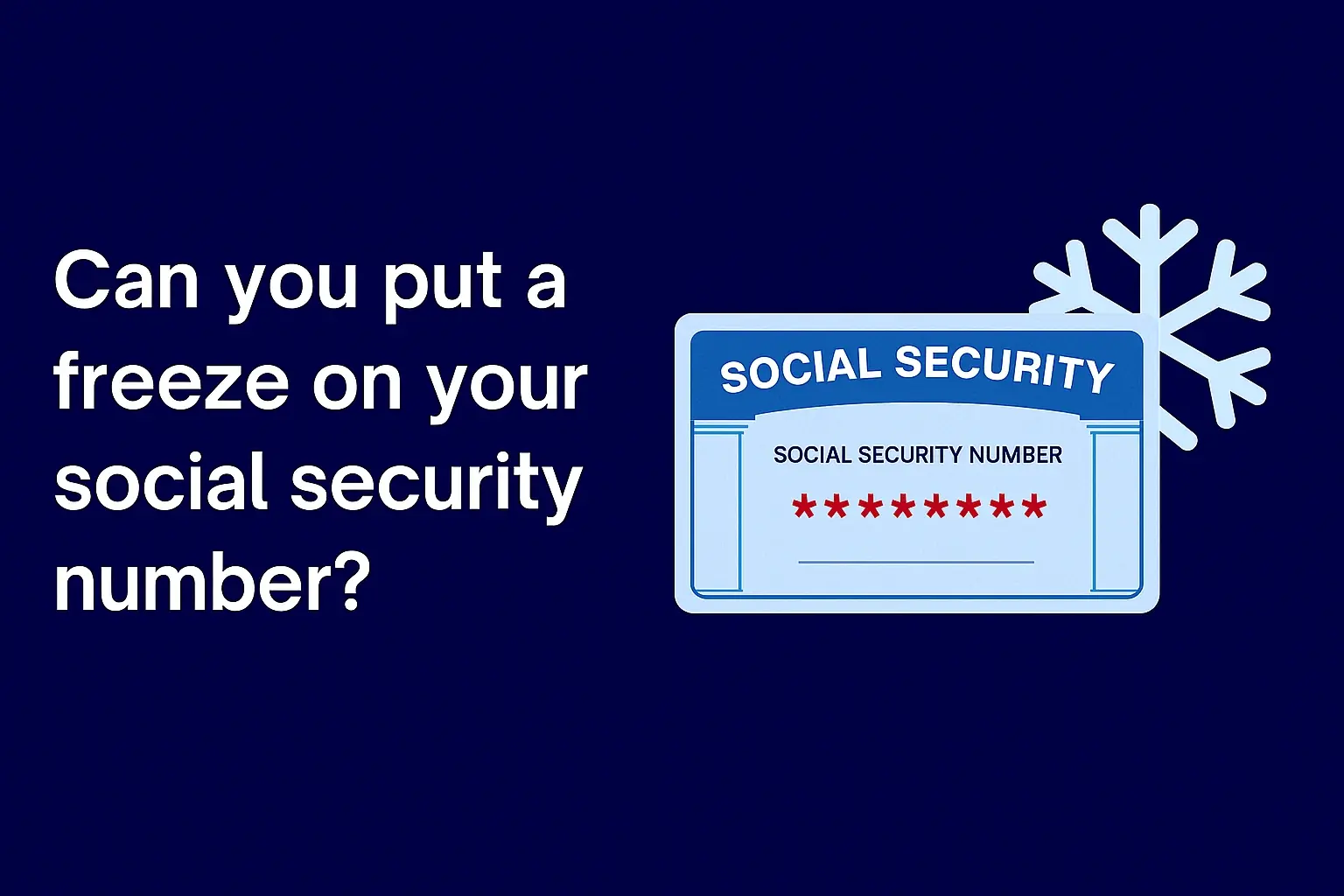-
Posted on: 26 Jul 2024
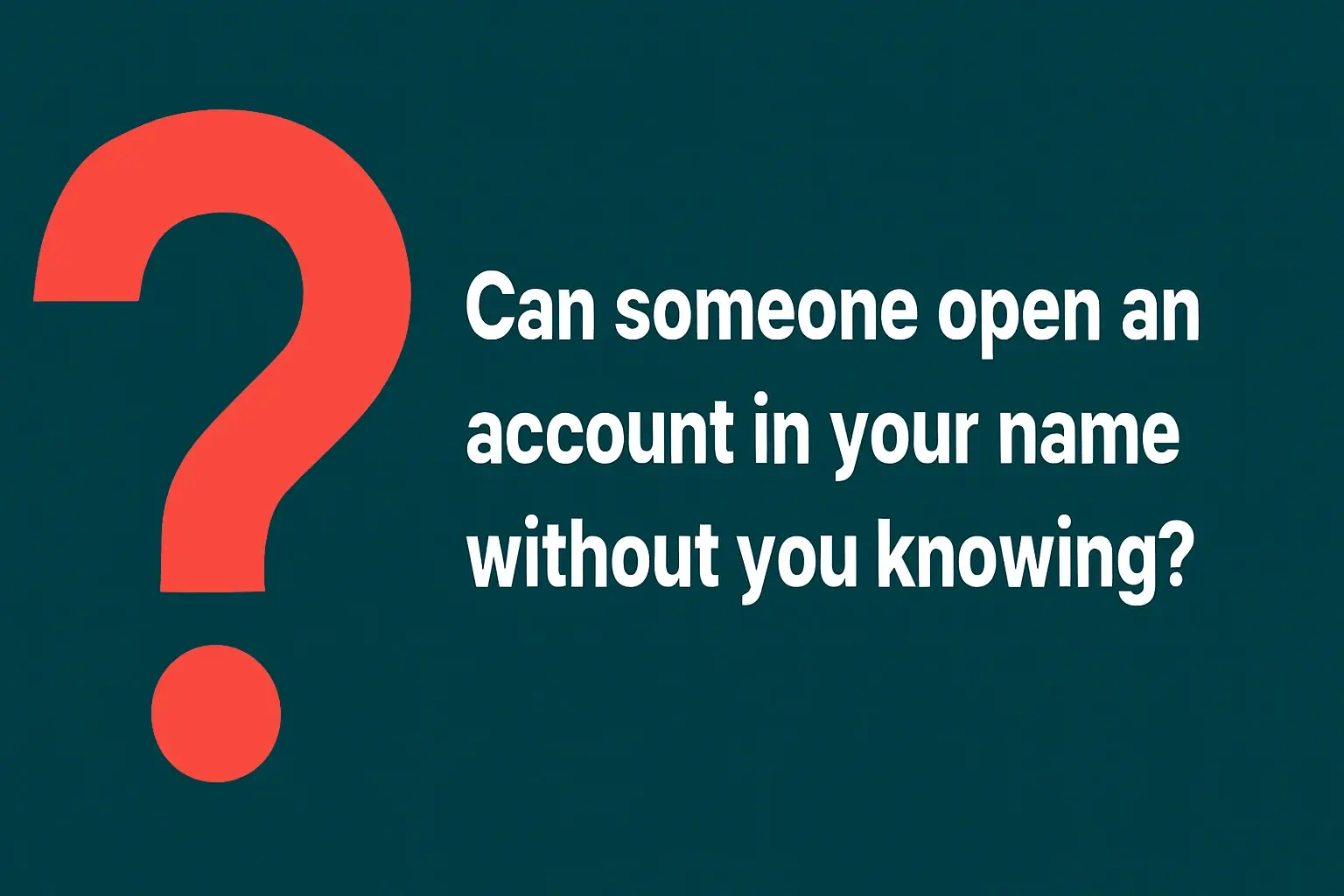
-
The thought of someone opening an account in your name without your knowledge is a frightening prospect. It's a form of identity theft that can wreak havoc on your credit score, financial stability, and overall peace of mind. While it may seem like something that only happens in movies, it's a very real threat in today's digital age. This comprehensive guide delves into the possibility of this happening, the risks involved, how to spot the warning signs, and what you can do to protect yourself and what actions you can take if it happens to you.
The Reality of Unauthorized Account Opening
Unfortunately, the answer to the question is yes, it is possible for someone to open an account in your name without your consent. Criminals employ various methods to steal personal information, allowing them to fraudulently apply for credit cards, loans, bank accounts, utility services, and more. The ease with which personal data can be obtained online and the sophistication of identity theft techniques make this a serious concern for everyone.
How They Do It: Methods Used by Identity Thieves
Identity thieves are constantly evolving their tactics. Here are some common methods they employ:
- Phishing: Sending deceptive emails or text messages disguised as legitimate businesses to trick you into revealing personal information, such as passwords, social security numbers, and bank account details.
- Data Breaches: Hacking into databases of companies and organizations that store your personal data.
- Dumpster Diving: Sifting through your trash to find discarded documents containing sensitive information.
- Mail Theft: Stealing mail containing financial statements, credit card offers, or other documents with personal data.
- Skimming: Using a device to steal credit card information from the magnetic stripe when you swipe your card at a compromised terminal.
- Account Takeover: Gaining access to your existing online accounts by guessing your password or using stolen credentials.
- Social Engineering: Manipulating individuals into divulging confidential information.
- Synthetic Identity Theft: Combining real and fake information to create a new identity. This is frequently used when targeting vulnerable populations or applying for government benefits.
The Types of Accounts Vulnerable to Fraudulent Opening
Several types of accounts are frequently targeted by identity thieves:
- Credit Cards: Opening new credit cards in your name allows thieves to rack up charges and damage your credit score.
- Bank Accounts: Opening checking or savings accounts to deposit fraudulent checks or use for money laundering.
- Loans: Applying for personal loans, auto loans, or mortgages using your identity.
- Utility Services: Setting up utility services (electricity, gas, water) in your name at an address other than yours.
- Cell Phone Accounts: Opening new cell phone accounts and running up large bills.
- Online Retail Accounts: Creating accounts on e-commerce platforms to make unauthorized purchases.
- Government Benefits: Filing fraudulent claims for unemployment benefits, social security benefits, or tax refunds.
The Devastating Consequences of Identity Theft
Having an account opened in your name without your permission can have severe and long-lasting consequences. Here's a breakdown of the potential damage:
- Damaged Credit Score: Fraudulent accounts and unpaid debts will negatively impact your credit score, making it difficult to obtain loans, credit cards, or even rent an apartment.
- Financial Loss: You may be liable for the debts incurred on the fraudulent accounts, leading to significant financial loss.
- Time and Effort: Clearing your name and correcting inaccuracies on your credit report can take a considerable amount of time and effort.
- Emotional Distress: Dealing with identity theft can be stressful, frustrating, and emotionally draining.
- Legal Issues: You may face legal challenges if you're wrongly accused of fraudulent activity.
- Difficulty Obtaining Services: A damaged credit score can make it difficult to obtain insurance, utility services, or even employment.
Warning Signs: Detecting Unauthorized Account Activity
Early detection is key to minimizing the damage caused by identity theft. Be vigilant and look out for these warning signs:
- Unfamiliar Credit Card or Loan Offers: Receiving pre-approved credit card or loan offers in the mail that you didn't apply for.
- Unexpected Bills or Collection Notices: Receiving bills or collection notices for accounts you didn't open.
- Errors on Your Credit Report: Reviewing your credit report and finding accounts or inquiries that you don't recognize.
- Denial of Credit: Being denied credit despite having a good credit history.
- Missing Mail: Noticeably missing mail, especially financial statements or credit card bills.
- Unexplained Withdrawals from Your Bank Account: Reviewing your bank statements and finding withdrawals you didn't authorize.
- Suspicious Activity on Your Online Accounts: Checking your online accounts for unauthorized logins or transactions.
- Calls or Emails from Debt Collectors: Receiving calls or emails from debt collectors regarding debts you don't recognize.
- Notification of a Data Breach: Receiving a notification that your personal information may have been compromised in a data breach.
Prevention is Key: Protecting Yourself from Identity Theft
While you can't eliminate the risk of identity theft entirely, you can take steps to minimize your vulnerability:
Protecting Your Personal Information
- Be Wary of Phishing Scams: Never click on links or provide personal information in response to suspicious emails or text messages.
- Use Strong, Unique Passwords: Create strong, unique passwords for all your online accounts and avoid reusing passwords.
- Enable Two-Factor Authentication (2FA): Enable 2FA whenever possible to add an extra layer of security to your accounts.
- Secure Your Mailbox: Use a locked mailbox or consider a post office box to prevent mail theft.
- Shred Sensitive Documents: Shred documents containing personal information before discarding them.
- Be Careful Online: Be cautious about sharing personal information on social media or public forums.
- Keep Your Software Up to Date: Install software updates promptly to patch security vulnerabilities.
- Use a Secure Wi-Fi Connection: Avoid using public Wi-Fi networks for sensitive transactions.
Monitoring Your Credit and Financial Accounts
- Check Your Credit Report Regularly: Order your free credit reports from Equifax, Experian, and TransUnion at AnnualCreditReport.com. Review them carefully for any errors or suspicious activity.
- Consider Credit Monitoring Services: Credit monitoring services can alert you to changes in your credit report, such as new accounts opened in your name.
- Monitor Your Bank and Credit Card Statements: Regularly review your bank and credit card statements for unauthorized transactions.
- Set Up Account Alerts: Set up account alerts to notify you of suspicious activity on your bank and credit card accounts.
Securing Your Devices
- Install Antivirus Software: Install and maintain up-to-date antivirus software on your computer and mobile devices.
- Use a Firewall: Enable a firewall to protect your computer from unauthorized access.
- Lock Your Devices: Use strong passwords or biometric authentication to lock your computer and mobile devices.
- Be Careful with Downloads: Avoid downloading files from untrusted sources.
What to Do If You Suspect Identity Theft
If you suspect that someone has opened an account in your name without your permission, take the following steps immediately:
- Contact the Credit Bureaus: Place a fraud alert on your credit reports with Equifax, Experian, and TransUnion. A fraud alert requires creditors to take extra steps to verify your identity before opening new accounts.
- File a Police Report: File a police report with your local law enforcement agency. This can be helpful in documenting the identity theft and may be required by some creditors.
- Contact the Federal Trade Commission (FTC): File a report with the FTC at IdentityTheft.gov. The FTC can provide you with resources and guidance on how to recover from identity theft.
- Contact the Affected Creditors: Contact the companies where the fraudulent accounts were opened. Explain the situation and ask them to close the accounts and remove any unauthorized charges.
- Review Your Credit Reports: Obtain copies of your credit reports from all three credit bureaus and carefully review them for any inaccuracies. Dispute any errors with the credit bureaus.
- Change Your Passwords: Change the passwords for all your online accounts, especially your financial accounts.
- Consider a Credit Freeze: A credit freeze restricts access to your credit report, making it more difficult for identity thieves to open new accounts in your name.
Disputing Fraudulent Accounts
Disputing fraudulent accounts is a crucial step in resolving identity theft. Here's how to do it:
- Gather Documentation: Collect any documentation that supports your claim of identity theft, such as a police report, FTC report, and copies of fraudulent bills or statements.
- Write a Dispute Letter: Write a letter to the credit bureau or creditor explaining the situation and providing supporting documentation.
- Send the Dispute Letter by Certified Mail: Send the dispute letter by certified mail with return receipt requested so you have proof that it was received.
- Follow Up: Follow up with the credit bureau or creditor to ensure that your dispute is being investigated.
Dealing with Debt Collectors
If you're contacted by debt collectors regarding fraudulent debts, be sure to:
- Inform the Debt Collector That You Are a Victim of Identity Theft: Tell the debt collector that you are a victim of identity theft and that the debt is fraudulent.
- Provide Documentation: Provide the debt collector with documentation supporting your claim of identity theft, such as a police report and FTC report.
- Request Validation of the Debt: Request that the debt collector validate the debt by providing proof that you are responsible for it.
- Cease Communication: If the debt collector continues to contact you after you've informed them that you are a victim of identity theft, you can send them a cease communication letter.
Legal Recourse: Pursuing Justice Against Identity Thieves
While recovering from identity theft can be a daunting process, you may have legal recourse against the identity thief. Depending on the circumstances, you may be able to pursue criminal charges or file a civil lawsuit.
- Criminal Charges: Identity theft is a federal crime. If the identity thief is caught and prosecuted, they could face fines and imprisonment.
- Civil Lawsuit: You may be able to file a civil lawsuit against the identity thief to recover damages for financial losses, emotional distress, and other harm caused by the identity theft.
It is important to consult with an attorney to discuss your legal options.
The Importance of Staying Informed
Identity theft is an ever-evolving threat. Staying informed about the latest scams and prevention techniques is crucial for protecting yourself and your financial well-being. Regularly consult reputable sources such as the FTC, the Consumer Financial Protection Bureau (CFPB), and your bank or credit union for updates and advice.

